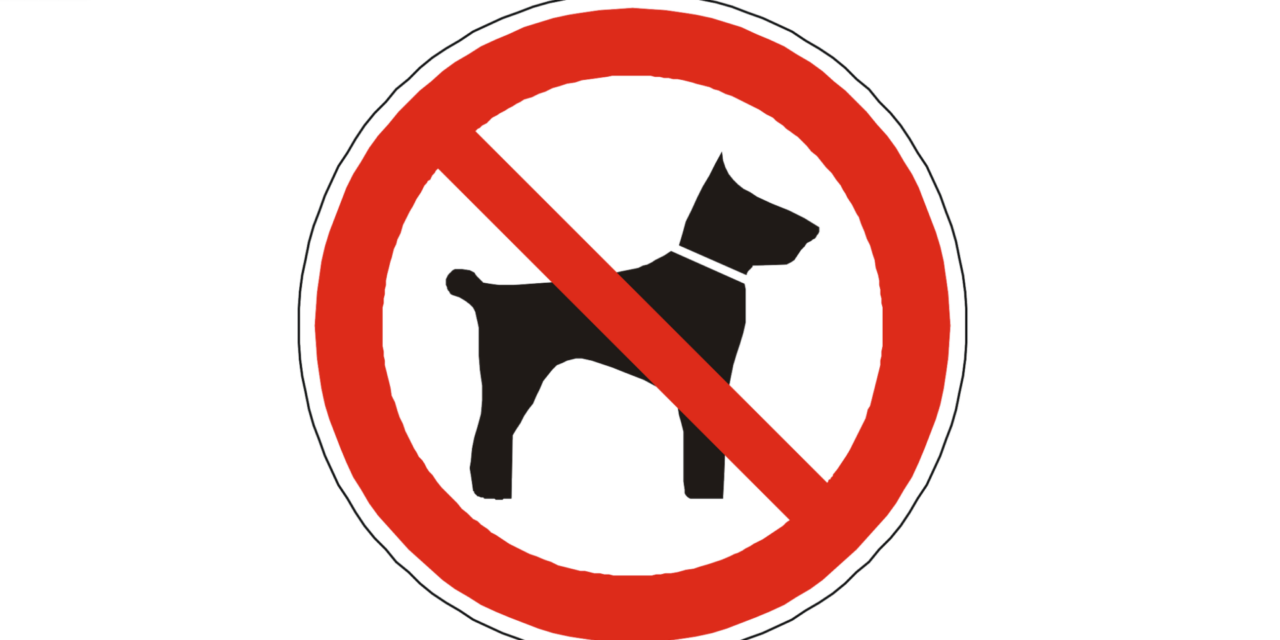Beginning on Saturday, Aug. 3, Guilford County Animal Services (GCAS) is pausing the intake of dogs at the animal shelter due to positive cases of Canine Parvovirus.
The suspension of the intake of dogs, meant to help contain the spread of the virus, includes all strays and owner surrenders to the Guilford County Animal Resource Center.
The county made the announcement the evening of Friday, Aug. 2 – the day before the cessation of canine intakes. Guilford County Animal Services Director Jorge Ortega was scheduled to provide more details at a press conference on August 3.
“Throughout the last couple of weeks,” a statement from county Animal Services reads, “two adult dogs have tested positive for parvovirus, including one canine testing positive on August 1. In late July, GCAS found two puppies at the shelter positive for the virus. GCAS is managing the virus with quarantine, isolation, and, if required, euthanasia. GCAS will conduct a deep clean of the shelter to help reduce the spread of the virus.”
Canine parvovirus, which is often known simply as “parvo” and is mainly transmitted through oral or nasal contact with contaminated feces, is a very contagious disease that poses a major threat to dogs and can be fatal.
It’s especially dangerous for puppies and unvaccinated dogs.
Early symptoms of the disease, according to Animal Services, include lethargy, fever and a loss of appetite by the dog. As the disease progresses, the dogs may exhibit “vomiting, severe (often bloody) diarrhea, abdominal pain, and bloating.”
Pet owners who believe their dog may be infected are urged to contact a veterinarian immediately. The consequences can be sudden and dire for the animal, which may include rapid dehydration, intestinal damage, and a compromised immune system that can lead to septic shock and fatalities – often within two or three days of the first signs of infection.
“The virus can spread through direct contact with infected dogs, their feces, or contaminated surfaces such as kennels, food, and water bowls,” a statement from Animal Services notes. “While humans cannot contract parvo from dogs, they can inadvertently transmit the virus to other dogs via clothing, shoes, hands, and other surfaces.”
In addition to halting dog intakes at the shelter, the county is encouraging dog owners to have their pets vaccinated against canine parvovirus.
“It is crucial for dogs to receive their vaccinations at an early age and to keep up with booster shots as they mature,” county animal officials note. “GCAS encourages pet owners to establish a relationship with a veterinarian to ensure pets receive the necessary vaccinations. For adult dogs that are unvaccinated, overdue, or have missed some vaccinations, it is recommended to consult with a veterinarian for a tailored vaccination plan.”
If you want to learn more about parvovirus, you can visit the website of the American Veterinary Medical Association.


It hasn’t just started, we picked up two cats from the shelter, we had them for a week, they started wheezing snotty nose, not saying this is “parvo”;but we took them to a vet he said if we hadn’t brought them in they would have died. There are multiple ill animals at the shelter, just saying the animals need better vet care.
Yeah, they do need to make an announcement, but how? Try calling them for an answer. Have a wild animal you trapped, possibly rabid? Try phoning them for that.
If you gave Miller, JV, and Austin solid gold bricks, all three would complain it’s is too heavy.
Name something our govt does well.
The Animal Shelter can’t help with that. Guilford County Animal Control handles rabies in Guilford County, North Carolina. You can contact Guilford County Animal Control at (336) 641-5990 in Greensboro or (336) 883-3224 in High Point.
paws intake paused ?